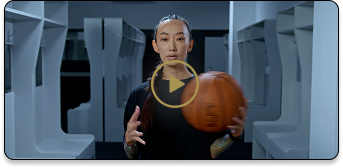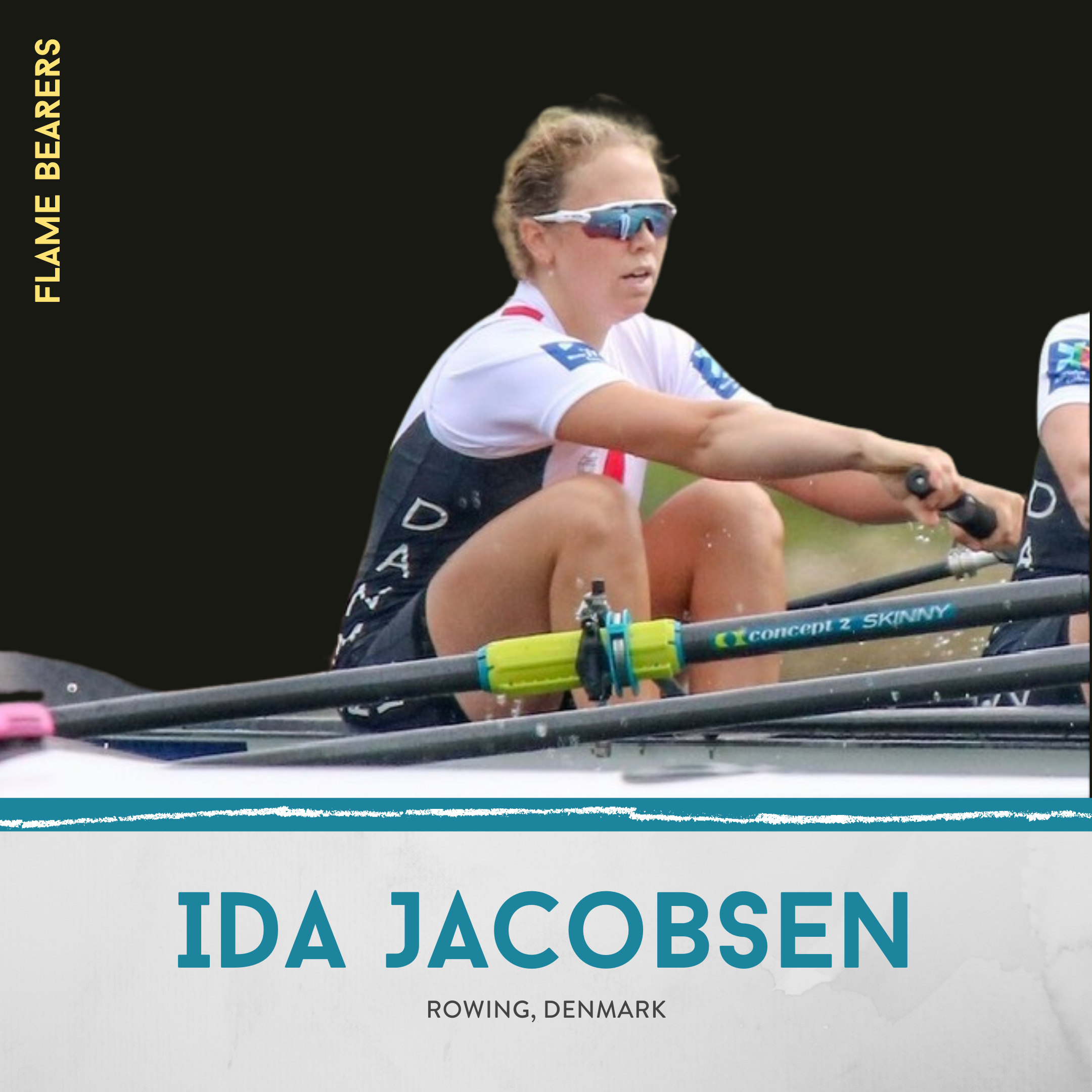While most know Danish Olympic Rower, Ida Jacobsen for her prowess on the water, she’s also a political science junkie and cheese expert (much to the chagrin of her boyfriend, Samir). Ida decided she was going to compete in the Olympics shortly after her first time rowing 12 years ago. Therefore, the current postponement of the Tokyo Games really made Ida question her identity and sources of motivation.
This episode explores how Ida has dealt with the postponement of the Olympic Games, and offers tips for all listeners on how we can more effectively adapt in this uncertain time.
Experts interviewed include Nancy Lieberman (1980 USA Basketball Olympic Team Member that did not compete because of USA boycott; Silver Medalist, 1976 Games), Samir (Ida’s boyfriend), Mette (Ida’s mother), Anne Larsen (Danish National Teammate), Emmy-Lou Nicolaï (Cheese expert), and Dr. Kimberlyn Leary (Lecturer in Public Policy, Harvard Kennedy School; Associate Professor of Psychology, Harvard Medical School; Associate Professor in the Department of Health Policy and Management, Harvard School of Public Health).
Audio clip from ‘Olympics – 1980 Moscow – US Athletes In Crisis – Carter Boycotts imasportsphile.com’



